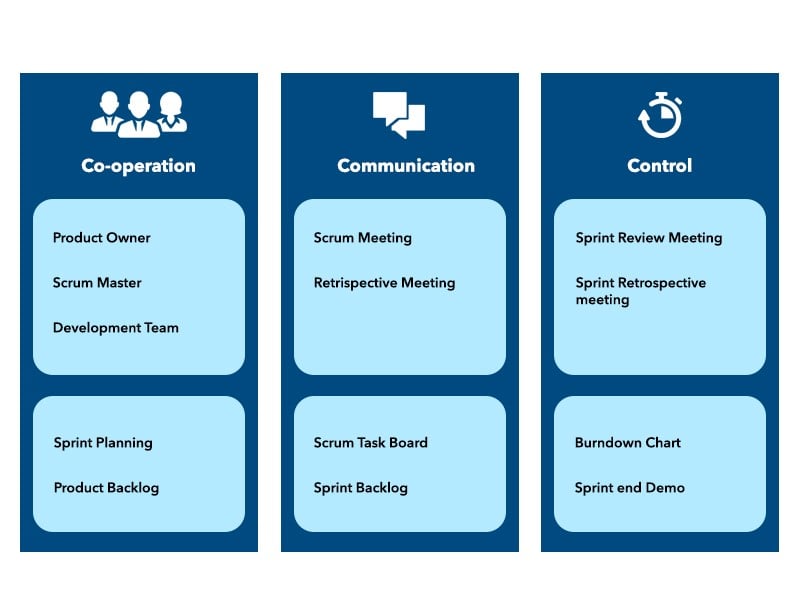Owing to the changes in the current scenario in the Mobility Computing field, smart phones are becoming the preference of the user. Enterprises realizing this and power and ability of this smart devices have started to explore endless options which can be tapped for the growth of their enterprise. Enterprises are also interested in the exploring the options like BYOD or company owned devices to be part of this revolution. This change in the Mobility Computing landscape is regarded as the most disruptive change in the way enterprises has been operating till date.
Enterprise mobility management has several dimensions including security, application management and financial management etc. Keeping these key factors in mind, Windows phone is the easiest to deploy and manage within a Windows-based IT infrastructure. This fact holds true irrespective of whether that infrastructure is hosted in the cloud on Office 365 or on-premises on Windows Server, Exchange Server, SharePoint, Lync, and other Microsoft enterprise software.
Following are the key points which makes Windows Phone 8 a RIGHT choice for business:
Security:
Organizations require solutions to effectively manage business functions. With BYOD employees’ phones become a very important part of the complete ecosystem. This makes security the biggest concern of the corporations.
Windows Phone supports BitLocker-based full device encryption to help protect data. It has trusted boot process that allows only validated software components to execute. This helps to protect the Windows Phone 8 boot process and operating system from malware attacks, especially rootkits, by allowing only validated software components to execute. The platform defines Chambers and Capabilities to provide enhanced App data security. The Chambers reduces the attack surface and provides application memory isolation. Addition security can be provided by adding Pin password in the flow. All this features make Windows Phone one of most secure platforms.
Windows Phone is the only smartphone that currently offers native support for IRM, enabling users to fully participate in IRM-protected email conversations and to access IRM-protected documents on their phones. All the data in rights-protected documents or email messages is encrypted. The IRM can be very effectively used by IT department to add an additional layer of defense against information leakage.
Device and Application Management:
Windows Phone gives companies full control over device and app management. Companies are empowered to distribute their apps privately instead of submitting them to the Windows Phone Store. The secured Registration Process and device enrollment app deployment on secured WP device can be done. And above all in case of theft or loss of device Remote swipe becomes a very critical tool to protect critical leakage.
Windows Phone 8 includes native mobile device (MDM) management, which organizations can use together with Windows Intune or third-party MDM systems like AirWatch to implement a managed environment for their Windows Phones.
Integration with existing IT solutions:
One of the biggest advantage of the Windows Phone is that it can be easily integrated with the existing IT solutions. No other phone integrates as easily, seamlessly, and cost-effectively with existing Windows-based IT infrastructures. Organizational Email and Access Policy Management (device access policies, including limited configuration management functionality) can be very effectively managed Exchange Server and Exchange ActiveSync. Windows Phone 8 supports the latest EAS protocol (v14.1) while maintaining compatibility with older versions, enabling organizations to use the same version of Exchange Server that they already know and own. Many organization have recognized the value of Windows Phone as a platform for custom LOB (line-of-business) applications.
Above all this, Windows Phone is the only phone with Outlook Mobile, a first-class email client for both personal and business use.
Windows Phone 8 users can access their Office documents and OneNote notebooks from SkyDrive, SharePoint, and Office 365. Users can synchronize recently accessed documents and notes across their Windows Phones and PCs and can also resume editing documents where they left off, even across devices, if they are using Microsoft Office 2013 on their PCs.
All this super features provided by the Windows Phone 8 along with the great user experience closes the gap between what employees/individuals want from a phone and what organizations require of phones that can be used for both personal and business purposes.



